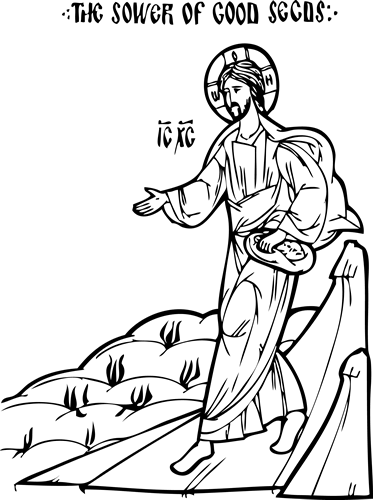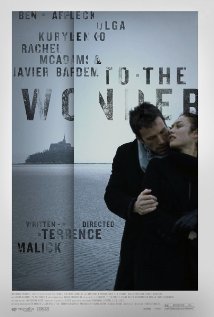|
|||
|---|---|---|---|
| This weekly bulletin insert complements the curriculum published by the Department of Christian Education of the Orthodox Church in America. This and many other Christian Education resources are available at http://dce.oca.org. | |||

In the Gospel of John Jesus Christ tells us how the Kingdom of God grows. In John 4: 35-38 He wants the disciples to see how many people are coming to Him, ready to hear the Good News of His teaching. He says, "...lift up your eyes and look at the fields, for they are already white for harvest." Then He tells them, "I sent you to reap that for which you have not labored; others have labored, and you have entered into their labors." The apostles are reaping what was sown by the prophets of the Old Testament, and are bringing people into the Kingdom. The prophets prepared the world for Christ. They sowed, but didn't see or know Him, so they did not reap what they had sown. The apostles, seeing and knowing Him, are the reapers. We can continue being reapers. There are people all around us who want and need the Gospel message, but we must be willing to go among them and share God's love. In Terrence Malick's latest movie "To the Wonder" there is a character, a priest, who has lost the will to share God's love. Father Quintana admits that he no longer is able to see God, as he once did. His self-isolation is so great that at one point he hides from a needy woman banging on his door. Another self-enclosed character in the movie is Neil. His lover Marina says, early on while they are still happy together, that love makes her "newborn." She joyfully wonders, "What is this love that loves us, that comes from all around?" She brings her daughter from Paris to Oklahoma to live with them. But Neil cannot give himself to Marina. He doesn't heed Father Quintana's preaching that love involves duty as well as feeling. Marina eventually leaves, and Neil takes up with Jane. Once again things end badly and Jane accuses him of turning love into "nothing." Neil ends up alone, seemingly oblivious to everyone around him. Father Quintana has a different destiny. Heeding his own words about the duty of love, he begins ministering to neighbors—some poor, some impaired, others desperately ill. In doing so he rediscovers Christ's presence in his life, and quotes Saint Patrick's famous "Breastplate" prayer. He remembers and reaffirms that "we were made to see You." Whether or not we believe that a priest can fall out of and then back into faith, the character shows that the willingness to struggle, rather than withhold oneself as Neil does, can bring us closer to God. 
Terrence Malick's movies, always beautifully shot, are not for everyone. This one has some nudity and sexual situations, and an overabundance of scenes with people walking, running, dancing or chasing each other across vast open fields. But Malick is saying something noteworthy. With his typical voiceovers and lyrical sequences, he reminds us that an authentic Christian can reflect the wonder of God's love by reaching out to others—by becoming, in other words, a reaper. |
|||
